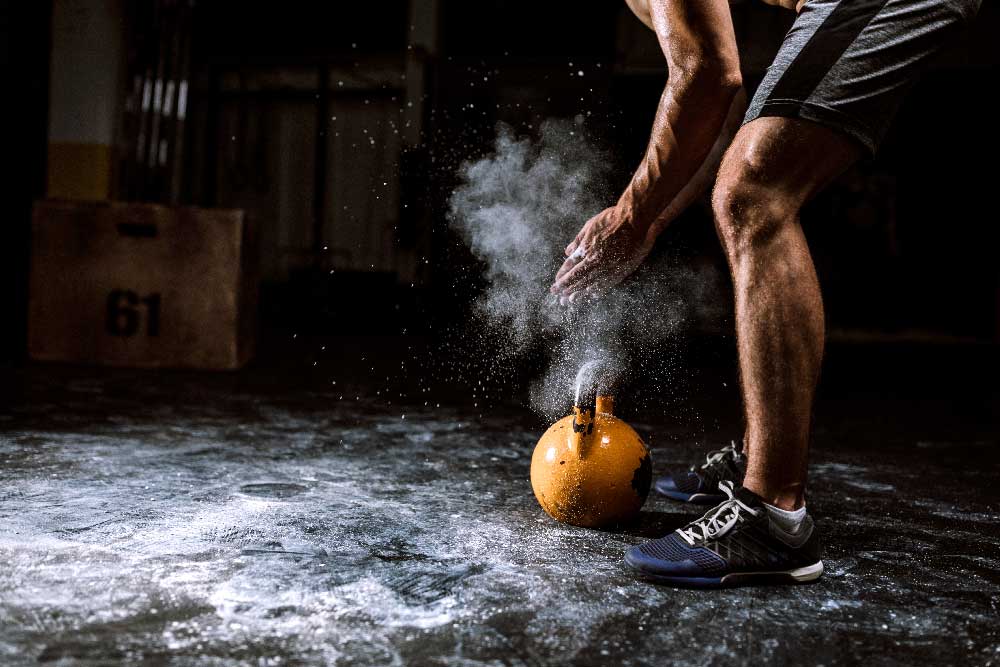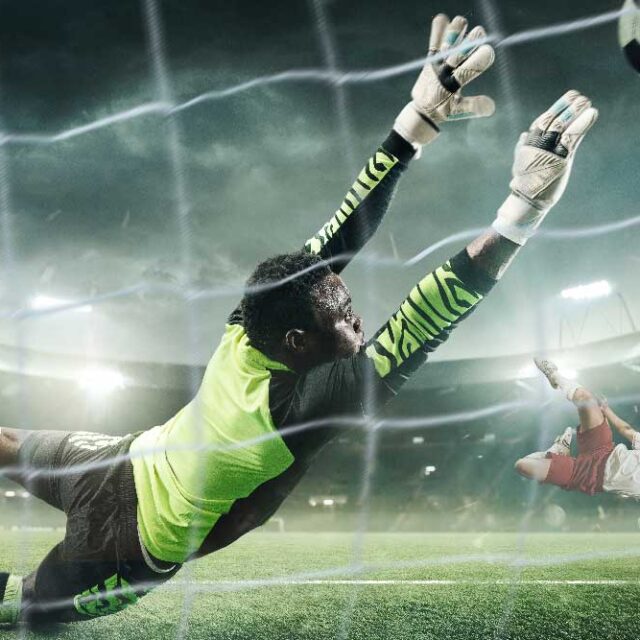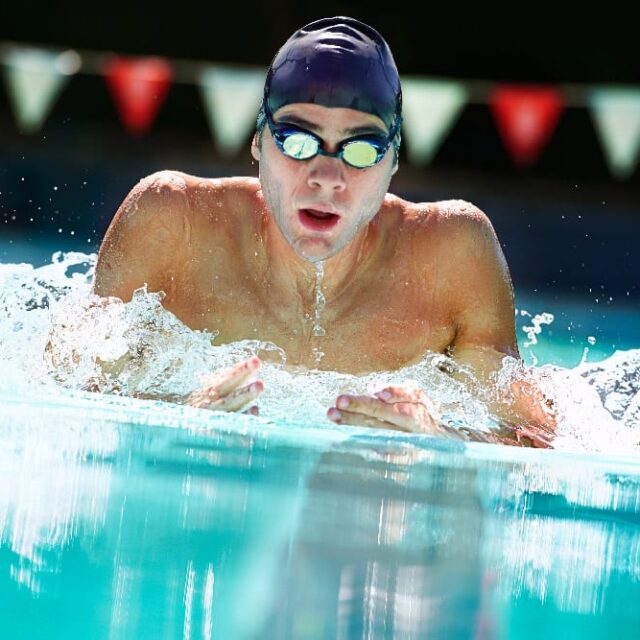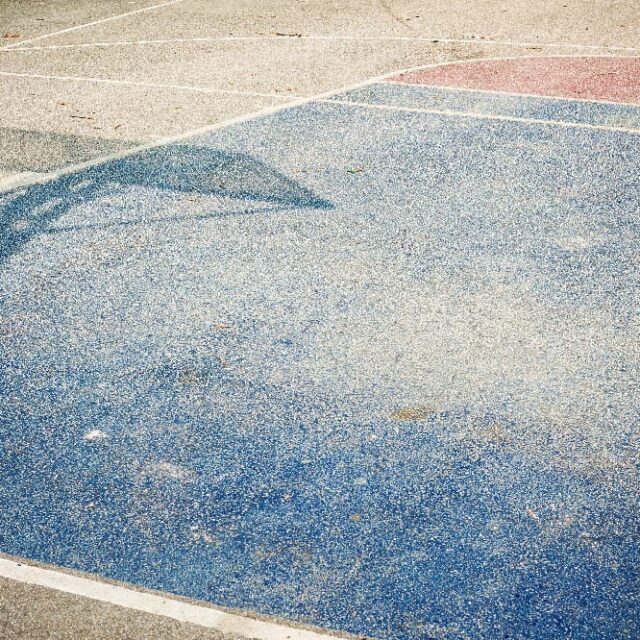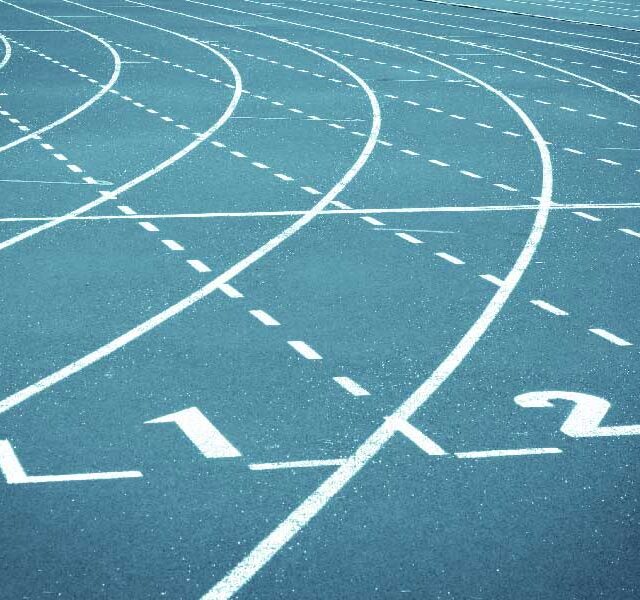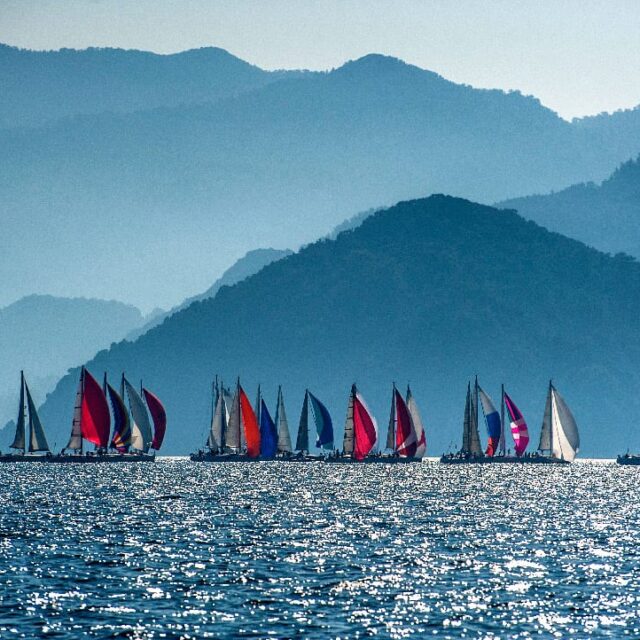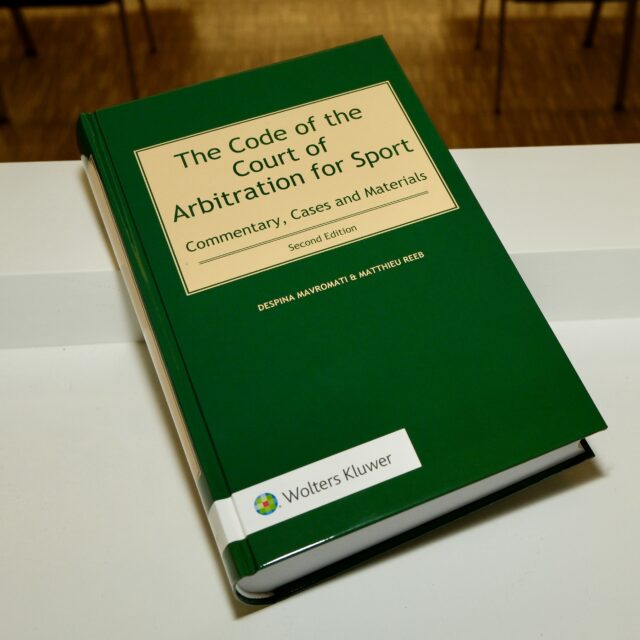SFT Judgment 4A_112/2024 of 3 July 2024, motion to set aside CAS 2023/A/9398 and CAS 2023/A/9493
On June 23, 2021, the International Testing Agency (ITA), acting on behalf of the International Weightlifting Federation (IWF), notified Mr Hasan Akkus (A), then president of the European Weightlifting Federation (EWF), of the opening of a disciplinary procedure due to potential violations of IWF anti-doping regulations. A was accused of backdating a document from January 2013 to November 2012 to prevent sanctions for doping violations against approx. 20 Turkish weightlifters and the Turkish Weightlifting Federation (TWF).
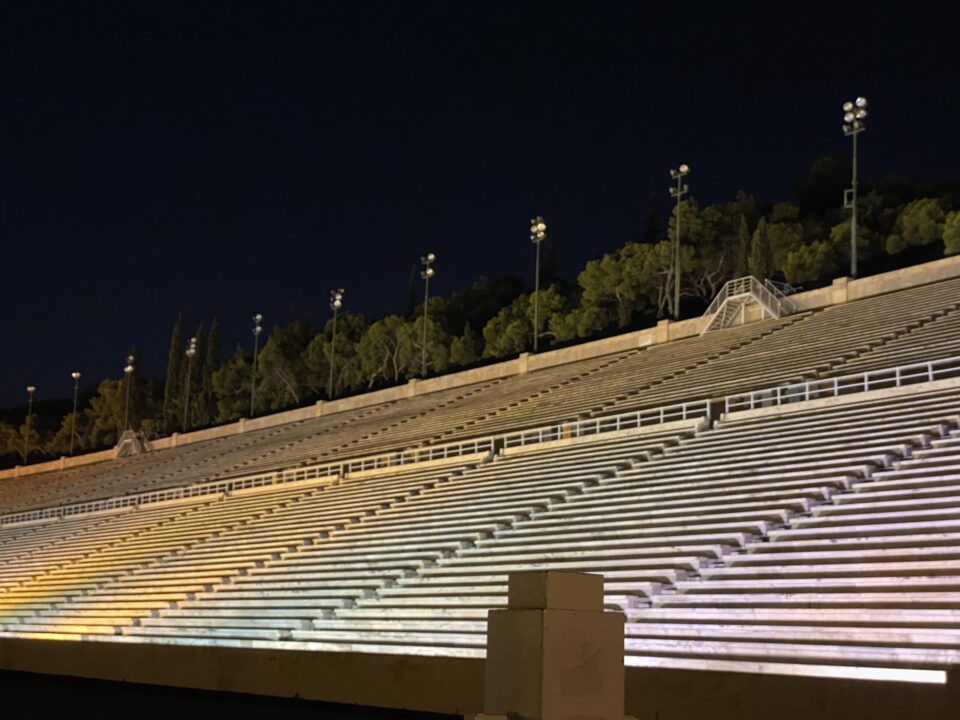
In his defense, A presented new evidence on September 25, 2021, claiming that the document had not been altered. However, on October 1, 2021, he was accused of submitting a falsified piece of evidence. Subsequently, the ITA, acting on behalf of the IWF, filed a case before the CAS Anti-Doping Division (CAS ADD).
The SFT rejected IWF’s argument on the ‘effet de surprise’ regarding the scope of its anti-doping regulations, asserting that the issue of whether the regulations applied after A’s resignation was a central point of the case, and it was reasonable for the CAS to examine this aspect thoroughly.
The CAS ADD found A guilty of violating anti-doping rules, noting the alteration of the document and the handling of anti-doping control results. The CAS also considered the second infraction to be an aggravating factor rather than a separate violation. A appealed this decision to the CAS Appeals Division, which annulled the original ruling and found no violation.
The IWF then sought to set aside the CAS award before the SFT, arguing a violation of its right to be heard. The SFT swiftly dismissed the appeal and rejected a new piece of evidence submitted for the first time before the SFT as inadmissible under Article 99(1) of the Swiss Federal Tribunal Act (LTF).
Regarding the specific issue of A’s resignation as president of the EWF, the SFT noted that the exact date was not crucial and that the falsification of the document in the disciplinary procedure was immaterial as it occurred after A’s departure from the EWF.
Additionally, the SFT rejected IWF’s argument on the ‘effet de surprise’ regarding the scope of its anti-doping regulations, asserting that the issue of whether the regulations applied after A’s resignation was a central point of the case, and it was reasonable for the CAS to examine this aspect thoroughly. Finally, the SFT concluded that the CAS’s reference to Article 7.7 of the IWF Anti-Doping Regulations was not the basis for its decision but simply supported the outcome after reviewing the regulations’ scope, which did not extend to former officials like A.

